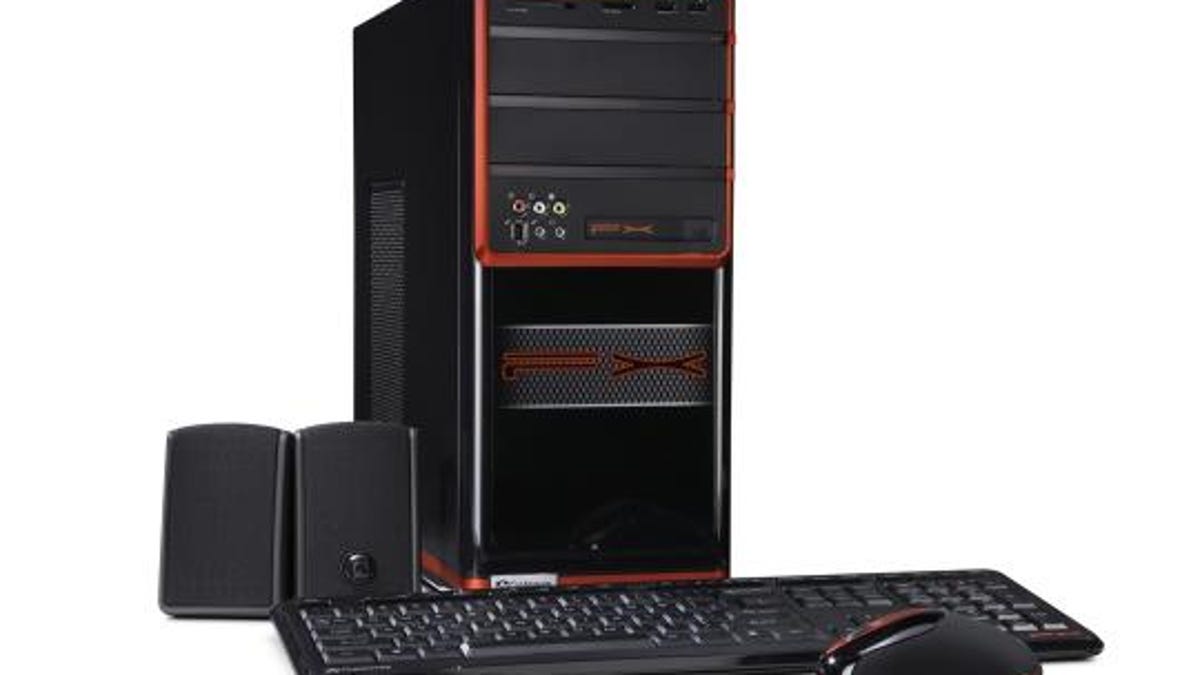64-bit Vista, memory, and you
Gateway's newest desktop taught us a few things about how much memory is just too much memory.

Last month's desktop announcement from Gateway showed us two things: one, that desktop memory is now more affordable than ever; and two, that the 64-bit software era is upon us in full force.
Each of the four desktops Gateway announced that day comes with 64-bit Vista, and they also all have either 4GB or 6GB of RAM. Considering the decidedly mainstream $550 to $1,150 price range for those PCs, all of a sudden those exotic features don't seem so exotic any more. But then we got our hands on one of those new Gateways for a review. What we found surprised us.
What we learned in our recent review of the $1,150
As you can see in the charts below, moving from 2GB to 4GB in 64-bit has a definite performance impact, in some cases, especially in Photoshop and on our multimedia multitasking test, both of which handle large amounts of data at once. But going from 4GB to 6GB got us much less of a boost.
(Shorter bars indicate better performance)
(Shorter bars indicate better performance)
(Shorter bars indicate better performance)
(Longer bars indicate better performance)
| Rendering Multiple CPUs | Rendering Single CPU |
(Longer bars indicate better performance)
| 1,920x1,200 | 1,280x1,024 |
Gateway is not the only vendor guilty of selling more memory than is necessary at the moment. HP also has options for 6GB and even 8GB of RAM on some of its desktops. And to both vendors' credit, at least they offer 64-bit Vista. Dell still doesn't.
This is also not to say that 6GB and higher will never have an impact. We just need new versions of Photoshop and other applications to come out that can support those higher memory allotments. But right now, you'd be smarter to spend your money on a faster CPU or graphics card, or some added features before boosting a 64-bit Vista system with more than 4GB of memory.

